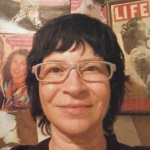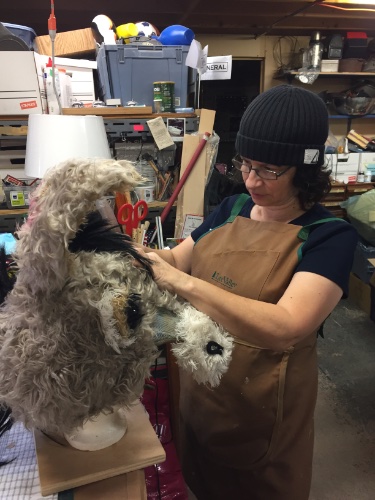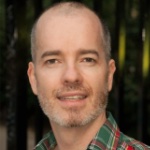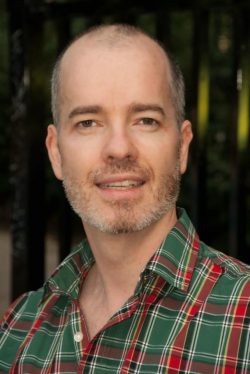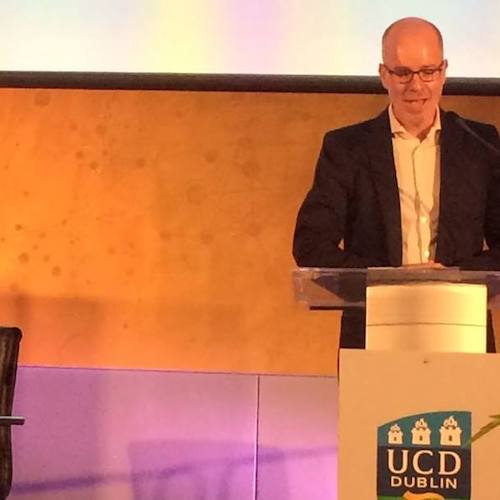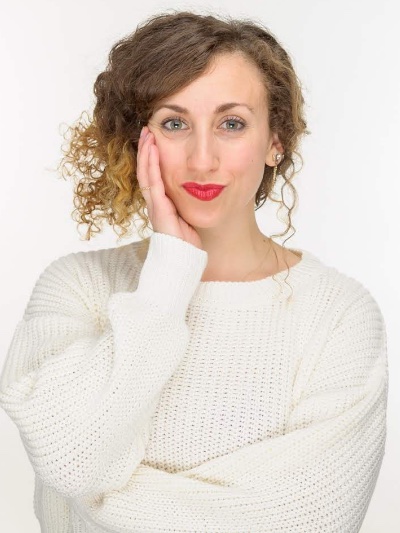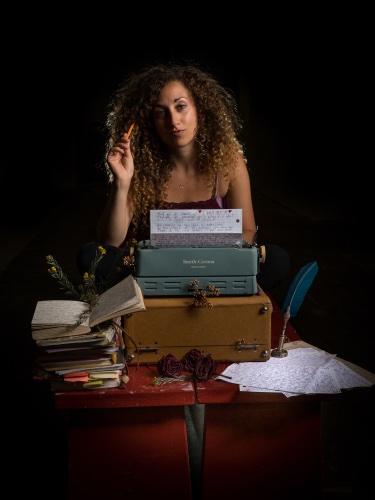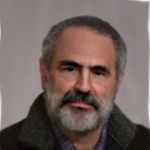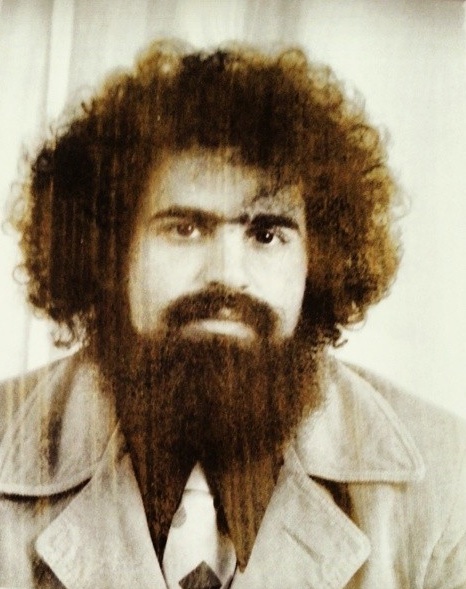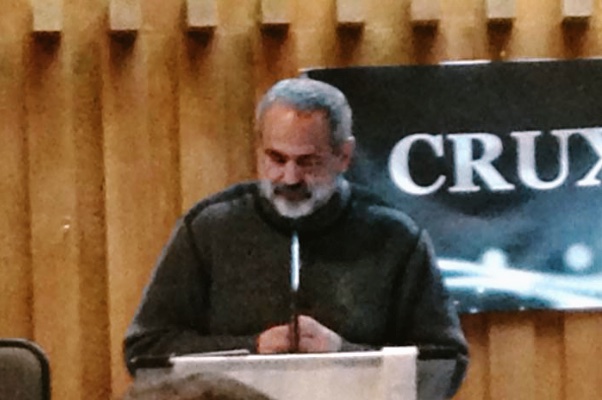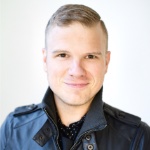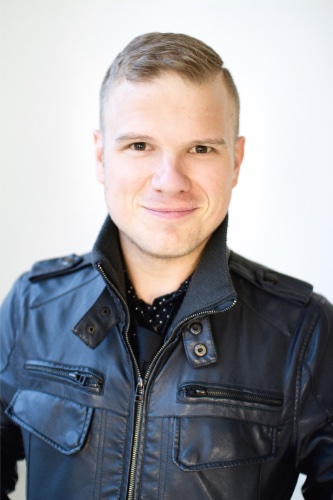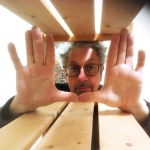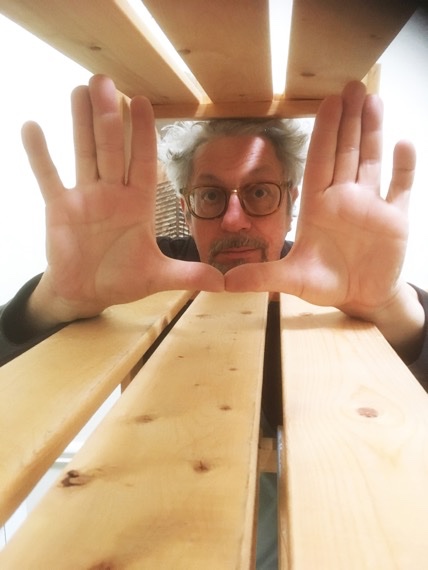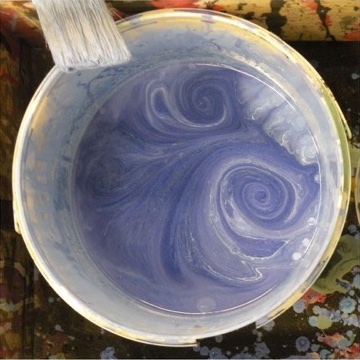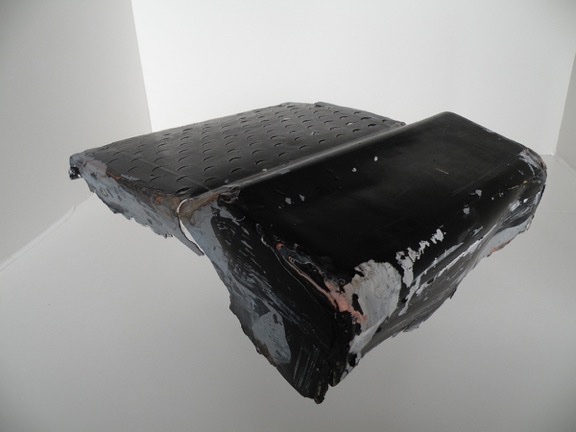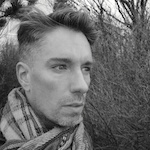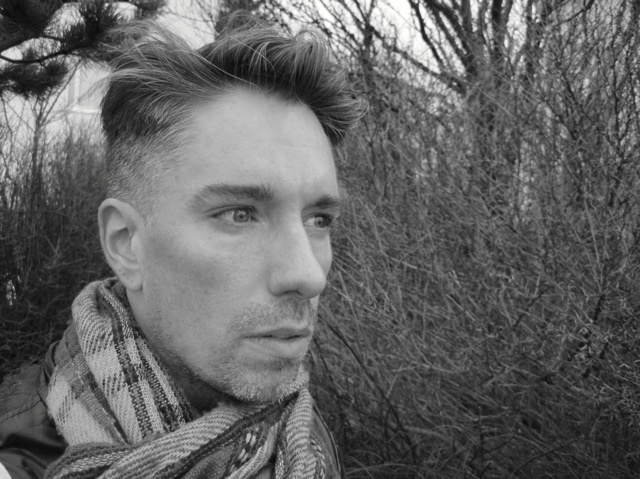Spotlight on Faculty: Gavin McDonald
1. Who are you?
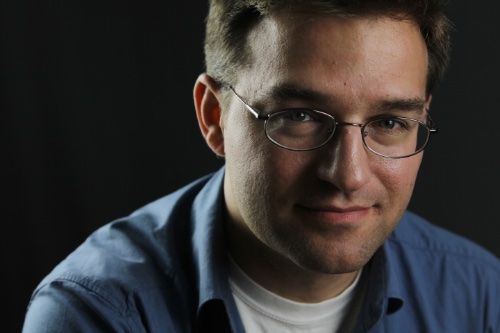
I’m Gavin McDonald, (BFA, Theatre Technical Production & Design, 2000). I’ve been a Lighting Designer and Production Manager for theatre, dance, music, exhibitions, events, and a bit of opera across the country for over 20 years as well as the United States and UK. I was also a Production Coordinator at Harbourfront Centre for the last eight years before I decided to jump ship to teach as contract faculty this past September, so my career has been an unusual adventure of bouncing back and forth between creative or logistics-based projects, sometimes multiple times in the same day. I’m now extremely excited to be joining the York University Theatre Department as an Assistant Professor in Lighting and Media Design.
I have always had challenges separating the creative and the scientific parts of my brain. Applying to university programs of study meant that I had difficulty choosing between science and the arts. York was able to give me an intensive and diverse program in theatre production that showed me that I could create on a grand scale, but that creation would need my logistics and scientific brain to master the practical and technical challenges of how to implement my ideas. So now I’ve spent my career able to paint and project worlds into existence with technology, or manage the production, ensuring that the great big machine of the show is moving forward to finish the story we want to tell.
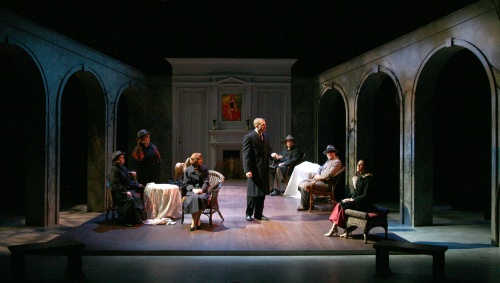
Almost immediately after graduating, I worked and taught Theatre Production in York University’s Department of Dance as their Technical Director for several years. The students were amazing to work with, and I learned that I loved teaching, but I was also acutely aware of how little professional experience I had at the time. I knew that the students deserved better than that level of knowledge, so I stepped away from education until I had more to contribute.
After working across various disciplines, the thing I’ve come to learn, and enjoy immensely, is how much my grounding in this work allows me to work on every kind of public art imaginable.
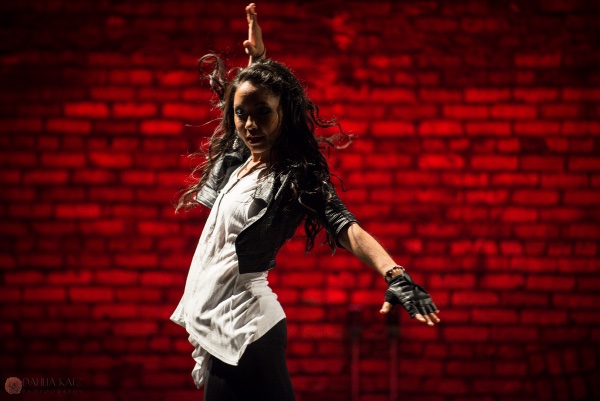
2. Tell us about a creative or research project that you have been immersed in recently.
I’ve been the Lighting Designer for MOonhORsE Dance’s Older & Reckless for several seasons, where Artistic Director Claudia Moore gathers the powerhouses of the Canadian Contemporary Dance industry for evenings of performance. For the most recent iteration this past Fall, we were able to have Kitt Johnson (Denmark) join us for a performance of her work, Stigma, as well as Dora-award winning duo Susie Burpee & Linea Swann’s dark comedy piece, Road Trip, Pia Boumann’s solo, erasing margin, Marie-Josée Chartier’s male quartet, étude pour quatuor, and a Kathak solo from Deepti Gupta. While I’m always grateful to create with these artists, the traditions at these productions that stand out for me are the audience warm-up at the beginning and the community piece (This past time it was Roger Sinha’s MoW! on the Move), which is the culmination of the guest choreographer’s work with about 40 workshop participants. Both of these features remind us that live performance takes place in a community, and members of that community are coming forward to tell or show you a story.
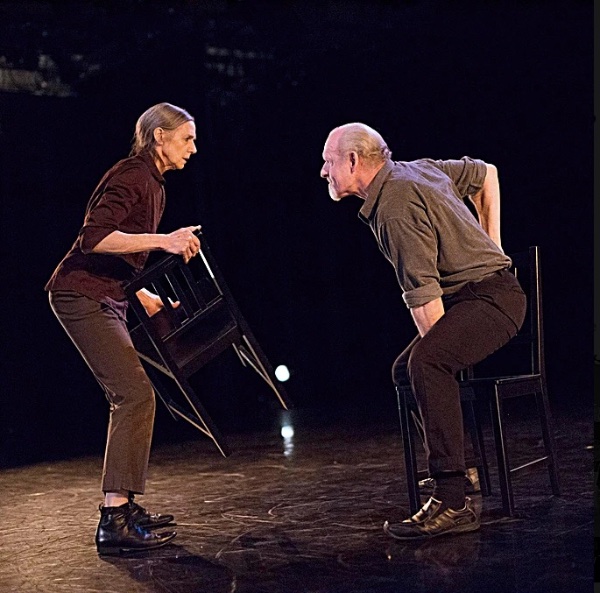
Designing for Contemporary Dance lets me break boundaries that I sometimes impose on myself when I’ve been working on more location-based work, like a play or musical, too many times in a row, which in turn helps remind me to free myself up more when going back to lighting Theatre.
3. What production or artist or scholar has had the most impact on you over the course of your career?
I don’t think I can narrow it to one. I’ve been very fortunate to have had a multitude of excellent mentors over the years, starting with when I assisted at the Stratford Festival. Michael Whitfield, Kevin Fraser, and Rob Thomson stand out as the most influential. Kevin is very precise and thoughtful while marrying technique and colour to create brilliant lighting onstage. He was also incredibly helpful with teaching a level of professionalism, working standard, and discipline in our work right at the beginning of my career. Rob breaks more eggs, and the dynamic work I was able to see from him challenged a lot of notions I’d seen early on of “How you light a thing”.
Michael Whitfield has an inspired eye, and a wide and deep understanding of direction, colour, form, and contrast. He cues with incredible subtlety and precision, but creates these broad, lush images that have such depth and form that I feel like I’m looking at the work of a Renaissance painter when I look at the stage. Just as importantly, though, he was a patient and encouraging mentor. He set an important example for me of how to work with people. He always seems in good spirits, and seems to always be enjoying the big game that we’re all playing, while treating all of his technical and creative colleagues with respect and humour.
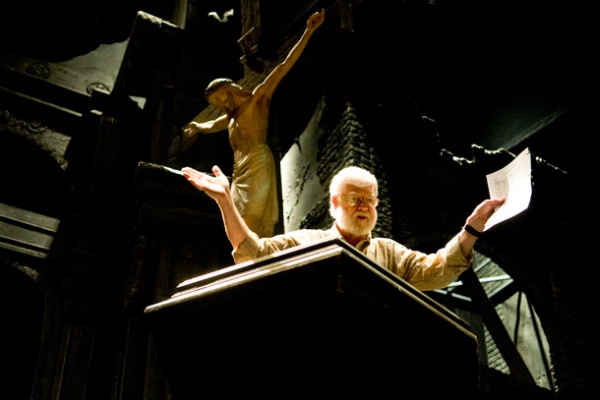
I once turned to Michael and asked, “Do you ever feel like you’re just winging it? Making it up as we go along?”
“Of course,” he replied. “All the time. That’s what creation is!”
All three have set the example of how to teach with patience, understanding, encouragement, bringing your student in on the game, setting a professional example, and to hopefully enjoy ourselves while we’re doing it.
4. Is there an image or a quotation that inspires you?
An excerpt from Sarah Williams’ “The Old Astronomer to His Pupil” always stands out for me:
“Though my soul may set in darkness, it will rise in perfect light; I have loved the stars too fondly to be fearful of the night.”
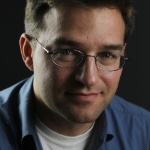


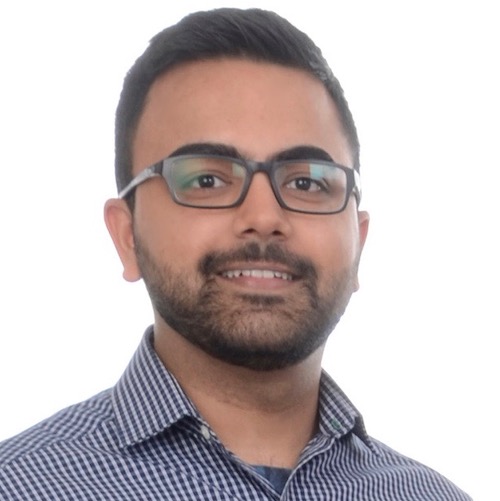
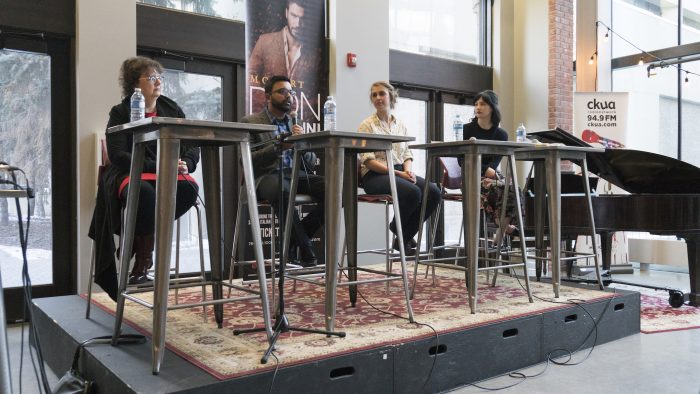
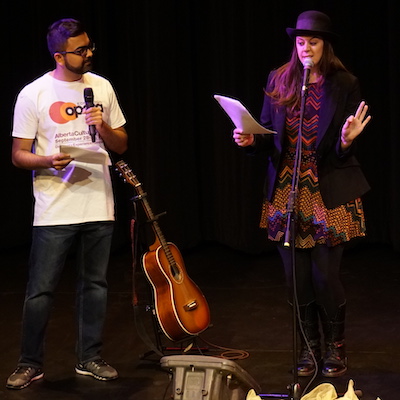
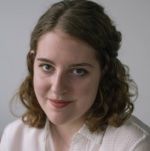
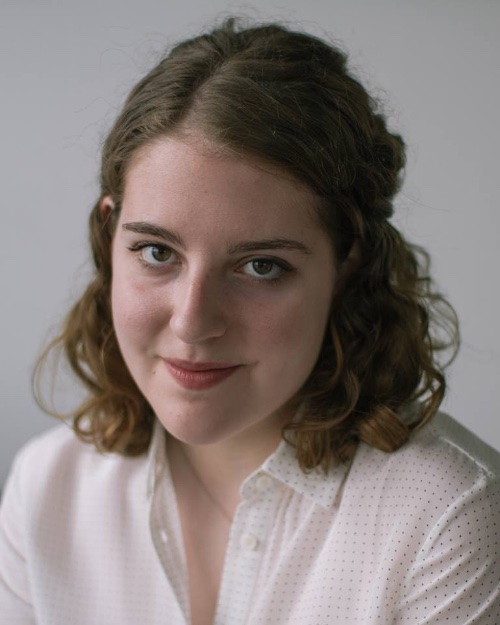 I’m Amy Bowman (BA Theatre Studies, 2013). I would presently describe myself as an occasional dramaturg, accidental stage manager, and emerging voice actor. I work at Pirate, an audio production and design house based in Toronto in Client Services and have been soaking up all I can about voice acting and audio production. Additionally, I have been the co-host and co-producer of
I’m Amy Bowman (BA Theatre Studies, 2013). I would presently describe myself as an occasional dramaturg, accidental stage manager, and emerging voice actor. I work at Pirate, an audio production and design house based in Toronto in Client Services and have been soaking up all I can about voice acting and audio production. Additionally, I have been the co-host and co-producer of 